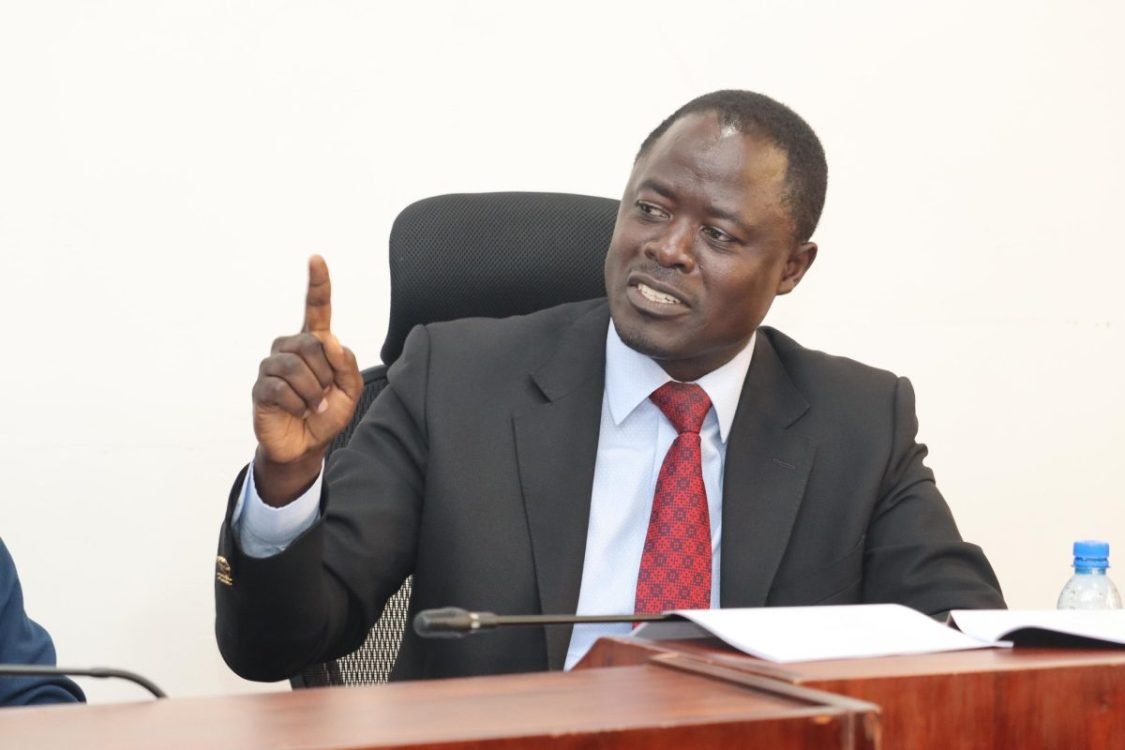Mbadi: State committed to stronger domestic resource mobilisation

The government has reaffirmed its commitment to fast-track both revenue and expenditure reforms to achieve quality development and service to the citizens.
National Treasury and Economic Planning Cabinet Secretary, John Mbadi (pictured) said the government is undertaking reforms in tax policy and revenue administration geared towards expanding the tax base and improving tax compliance.
On expenditure, the CS said the focus will be on re-rationalisation, reprioritisation and enhancing transparency and accountability in public spending. “All this will be done through automation and digitisation of Kenya Revenue Authority (KRA),” Mbadi said in a speech read on his behalf by Kenrick Ayot, Senior Deputy Director, Treasury, during the African Development Bank Group (AfDB) launch of Kenya Country Focus Report.
The government, the CS emphasised will continue implementing growth oriented fiscal consolidation plans designed towards slowing down the growth of public debt while protecting service delivery to citizens”, he noted.
The AfDB report theme Making Kenya’s Capital Work Better for Its Development” outlines the global financial architecture as a significant barrier to Kenya’s development financing goals.
The report estimates that Kenya will require $12 billion (Sh1.5 trillion) annually by 2030 and $2 billion (Sh258 billion) annually respectively by 2063 to close its financing gap and fast-track structural transformation.
Mbadi noted that the rising demand for increased public spending which could lead to higher debt or need to raise taxes require careful consideration and balanced decision making given the current public concerns. George Kararach, Lead Economist at the African Development Bank who represented the Director General for East Africa region, Alex Mubiru said that although the report acknowledges the resilience of Kenya’s economy which grew by 4.6 per cent in 2024, challenges still remain.
“Poverty and youth unemployment persist. Investment is subdued. Kenya’s tax-to-GDP ratio remains at 13 per cent, well below the African average and more importantly, the country continues to face a financing gap of $12.5 billion by 2030 to meet its development ambitions”, he noted.











